Exploring Vehicle Parts Demand: Insights from the 138th Canton Fair 2025
The 138th Canton Fair, set to take place in 2025, offers a pivotal platform for exploring the burgeoning demand for vehicle parts in the global market. With the automotive industry projected to reach a staggering $4 trillion by 2025, as reported by Statista, the importance of vehicle parts cannot be overstated. Notably, the Asia-Pacific region is a key contributor to this growth, with a projected CAGR of 9.5% from 2022 to 2027, according to Market Research Future.
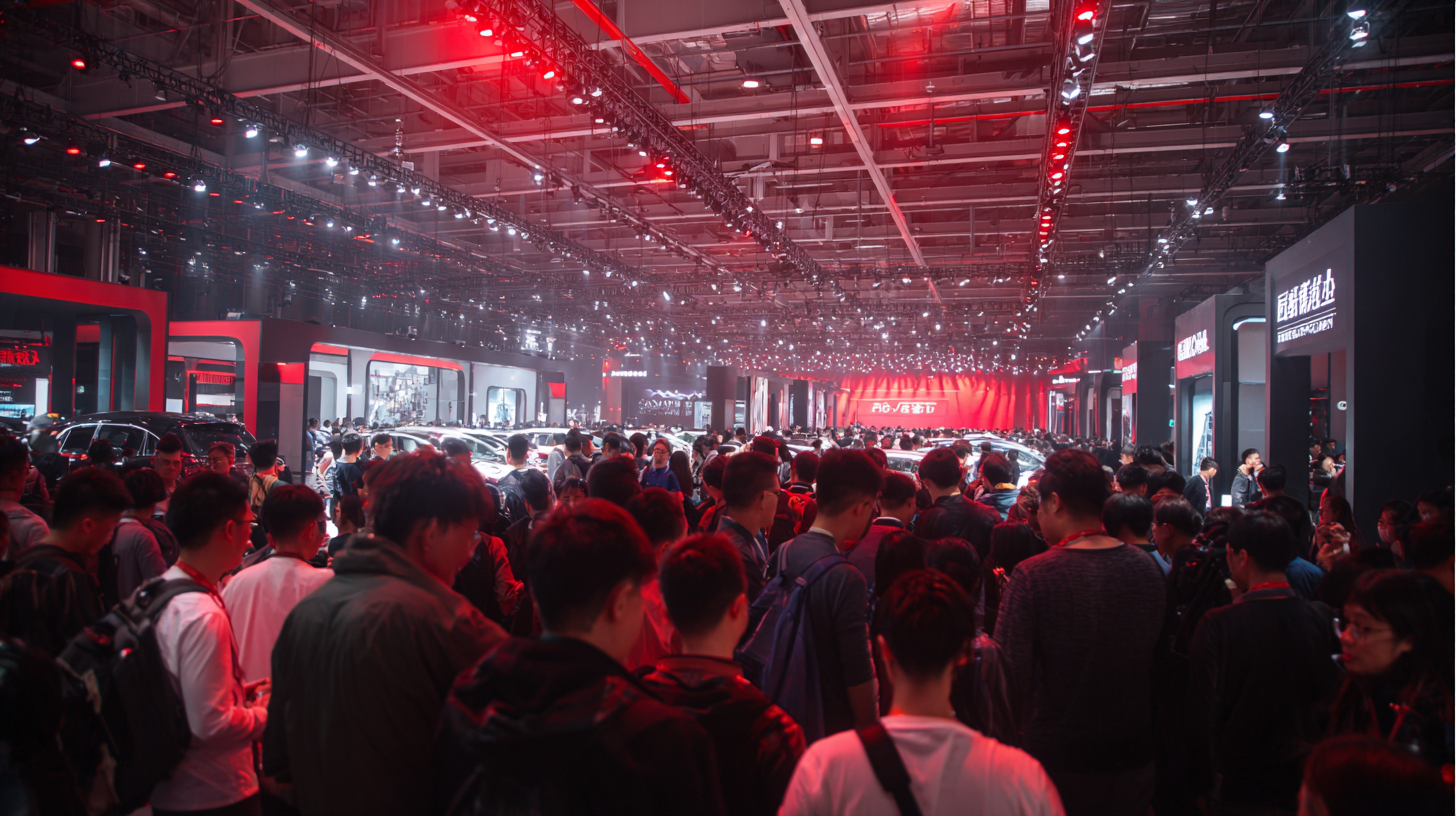 This upward trajectory is driven by factors such as rising vehicle production and enhanced maintenance requirements, indicating a significant market opportunity for suppliers and manufacturers. The Canton Fair serves as a vibrant marketplace for industry stakeholders, enabling them to connect, innovate, and respond to the evolving demands within the vehicle parts sector.
This upward trajectory is driven by factors such as rising vehicle production and enhanced maintenance requirements, indicating a significant market opportunity for suppliers and manufacturers. The Canton Fair serves as a vibrant marketplace for industry stakeholders, enabling them to connect, innovate, and respond to the evolving demands within the vehicle parts sector.
Impact of the 138th Canton Fair on Global Vehicle Parts Market Trends
The 138th Canton Fair, which commenced on October 15, 2025, is currently reshaping the landscape of the global vehicle parts market. With over 1 million products showcased and a record-breaking exhibition area of 1.55 million square meters, the fair serves as a pivotal platform for industry participants to explore emerging trends. The significant presence of innovative and smart technologies reflects a strong industry shift towards automation and efficiency in vehicle part manufacturing. According to recent market data, the global automotive parts market is anticipated to grow at a CAGR of 4.2%, reaching approximately $1 trillion by 2026, highlighting the urgency for stakeholders to adapt to these transformations.
The Canton Fair also emphasizes the importance of seamless global trade platforms, showcasing how improved services and experience upgrades can facilitate international business connections. As foreign buyers engage with advanced information services, they gain vital insights into the latest trends and demands in vehicle parts. The strategic positioning of the Canton Fair allows participants to network effectively and capitalize on the burgeoning market. With Gen-Z's influence evident in the fair's vibrant atmosphere, there is an expanding emphasis on sustainability and technology that will ultimately drive the future of the vehicle parts sector.
Key Innovations in Vehicle Parts Showcased at the 2025 Canton Fair
The 2025 Canton Fair is set to spotlight significant innovations in vehicle parts, reflecting China's rapid advancement as an innovator in the automotive sector. Recent reports indicate that the new energy vehicle (NEV) market is projected to reach approximately 21 million units sold by 2025, driven by increasing demand for sustainable transportation solutions. This boom in NEV production demands cutting-edge components, showcasing the critical role of innovative vehicle parts in supporting this growth trend.
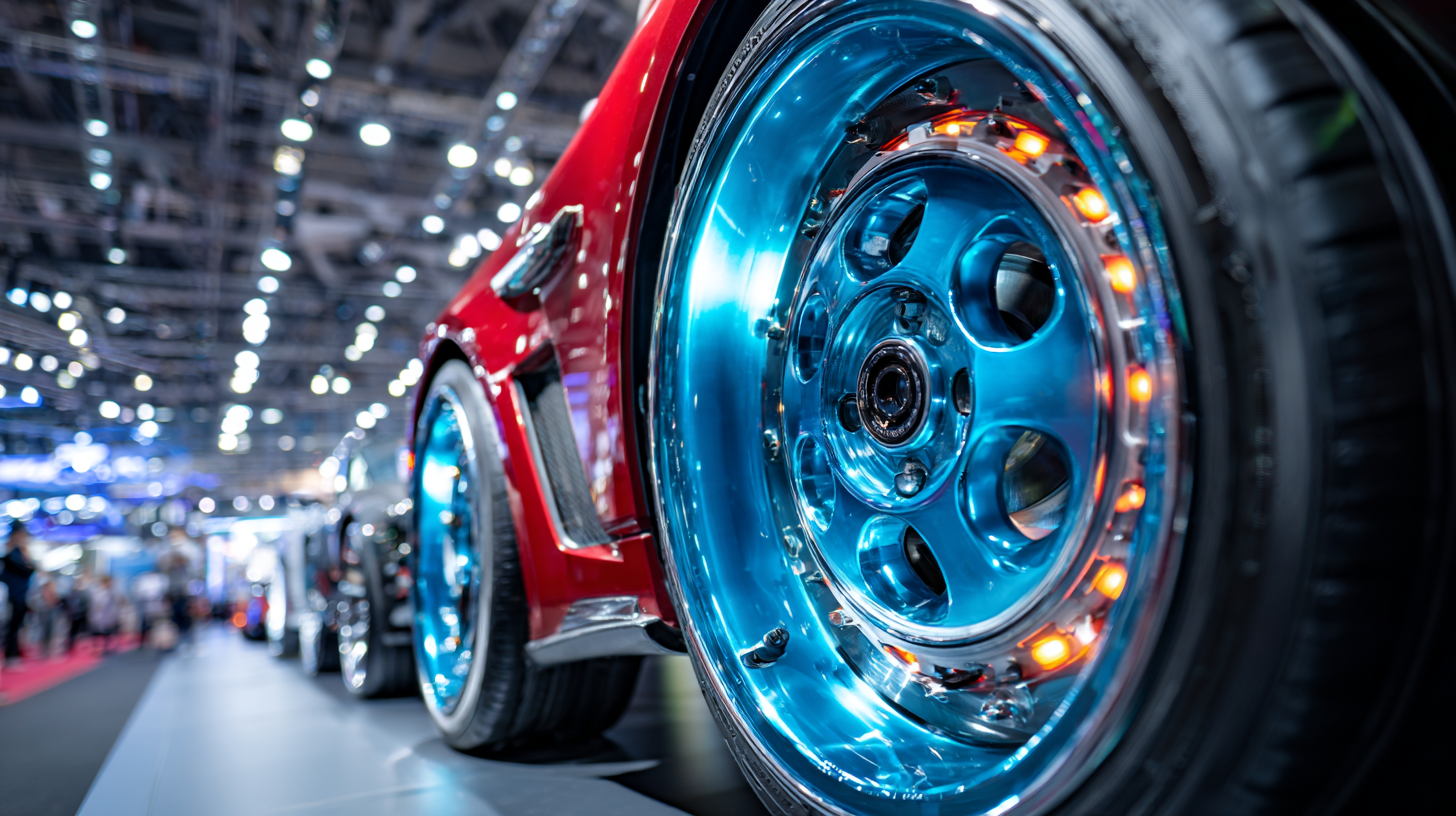
At the Canton Fair, exhibitors will feature advanced technologies such as lightweight materials, smart automotive systems, and high-efficiency batteries. Bosch's recent expansion with two new plants dedicated to NEV components illustrates the shifting landscape and the urgent need for innovative solutions in the automotive supply chain. As China retains its status as a leading market for vehicle parts innovation, the contributions presented at the 2025 Canton Fair will likely set benchmarks for quality and sustainability, ultimately transforming the global automotive industry well into the future.
Consumer Preferences and Demand Shifts in Vehicle Components
As the auto industry evolves, consumer preferences and demand for vehicle components are shifting significantly, influenced by various market dynamics. Notably, the average age of vehicles in the US has climbed to 12.8 years in 2025. This trend indicates a growing interest in aftermarket parts, as older vehicles require more maintenance and upgrades. Consumers are increasingly seeking reliable, high-quality components that enhance performance and extend vehicle lifespan, signaling a robust demand for aftermarket solutions.
In the context of the burgeoning pickup truck market, projected to expand from $229.85 billion in 2025 to $333.34 billion by 2032, it is essential to understand the factors driving this growth. The rise of electric vehicles (EVs) has amplified the necessity for innovative parts that accommodate changing technologies and consumer preferences.
As manufacturers navigate this evolving market landscape, adapting to these shifts and developing strategies that prioritize consumer needs will be crucial. By capitalizing on the demand for advanced vehicle components, companies can position themselves for success in this dynamic automotive sector.
Networking Opportunities for Vehicle Parts Manufacturers at the Canton Fair
The 138th Canton Fair in 2025 offers a remarkable platform for vehicle parts manufacturers, fostering invaluable networking opportunities. With the global automotive industry projected to reach $4 trillion by 2025 (according to a report by MarketsandMarkets), manufacturers attending the fair can connect with potential clients and partners, enhancing their reach in a dynamic market. As vehicle electrification and sustainable manufacturing gain momentum, suppliers and manufacturers need to engage actively to stay competitive.
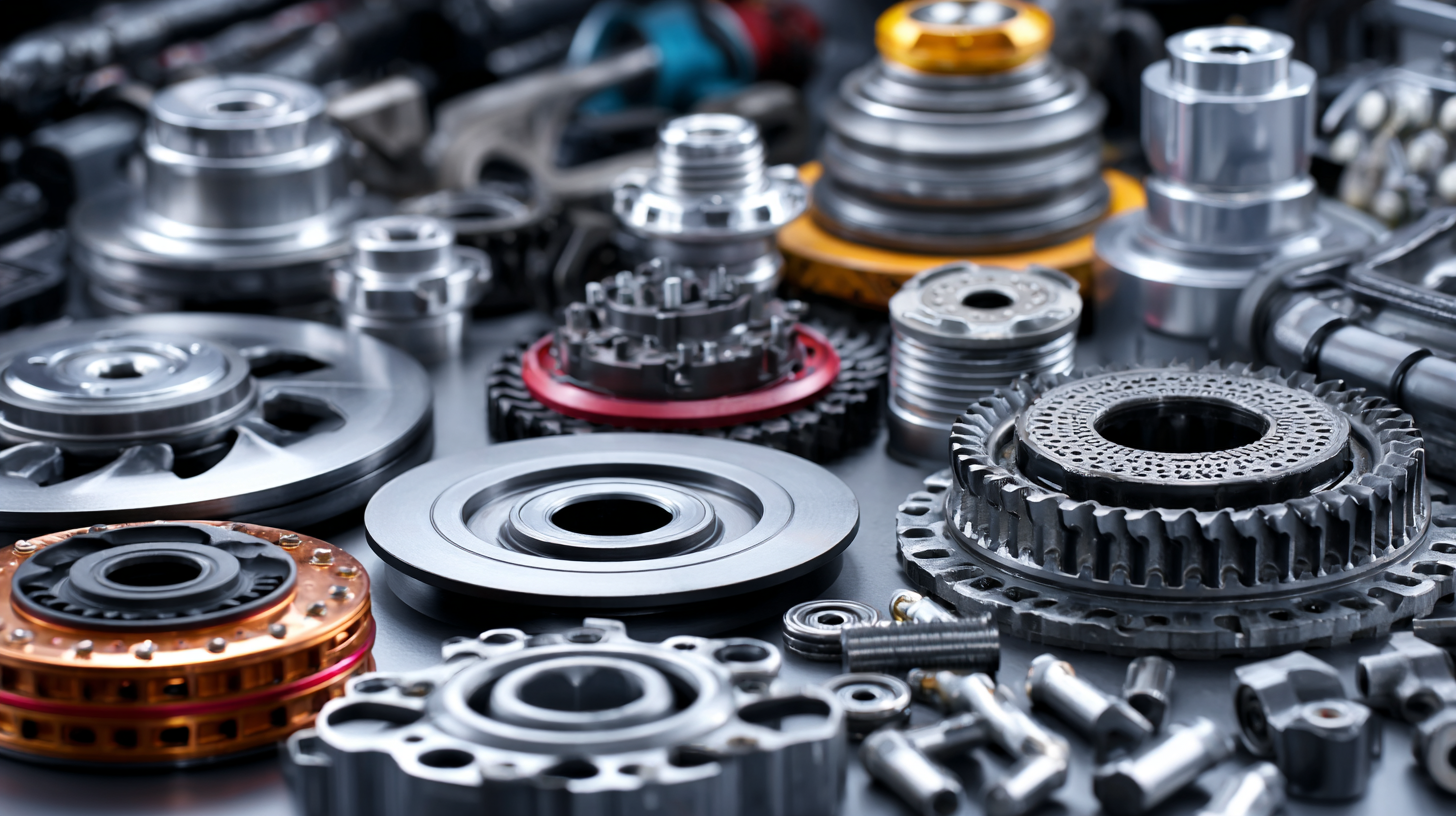
Tips for successful networking at the Canton Fair include preparing a concise elevator pitch, highlighting your company's unique offerings, and being open to collaboration opportunities. Additionally, leveraging technology such as virtual meeting tools can facilitate connections with international partners who may not be physically present. According to Frost & Sullivan, around 30% of automotive suppliers plan to increase their investment in digitalization by 2025, making it essential to showcase your business's adaptability.
Engaging in meaningful conversations during the event can lead to partnerships that drive innovation. Participating in forums and workshops can also provide insights into emerging trends, enabling companies to align their strategies with market demands. Being proactive and receptive to change is key for manufacturers looking to thrive in the evolving vehicle parts landscape.
Sustainability Focus in Vehicle Parts Industry at the 138th Canton Fair
The 138th Canton Fair 2025 showcased a significant shift towards
sustainability within the vehicle parts industry,
underscoring a growing trend that aligns with global environmental goals. According to the
International Organization of Motor Vehicle Manufacturers (OICA),
the global automotive industry is responsible for approximately 20%
of the world's carbon emissions. In response, many exhibitors focused on eco-friendly materials and
innovative manufacturing processes that aim to reduce waste
and energy consumption. For instance, several companies presented parts made from recycled materials,
indicating a commitment to circular economy principles.
Moreover, a report by Research and Markets highlights that the
sustainable automotive parts market is projected to grow at a CAGR of 15.3% from
2023 to 2030. This surge is driven by increasing regulatory pressures and consumer demand for greener
alternatives. At the Canton Fair, attendees could see firsthand how electric vehicle (EV) components,
which produce fewer emissions, dominate the conversation. This shift not only points towards a more
sustainable future but also reveals a lucrative
landscape for manufacturers who embrace innovation in eco-friendly
vehicle parts. By prioritizing sustainability, companies are not only meeting regulatory requirements but
also positioning themselves competitively in a rapidly
evolving market.
Related Posts
-

12 Effective Tips for Choosing the Best Engine Parts
-

What is the Importance of Choosing the Best Vehicle Parts for Optimal Performance?
-

Top Strategies for Sourcing Quality Automotive Spares Efficiently
-

7 Best Strategies for Sourcing Engine Parts Globally
-
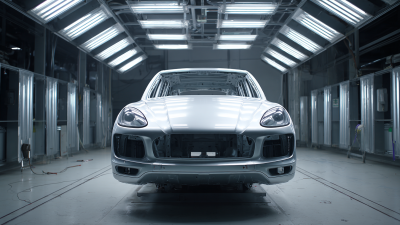
What is the Importance of Quality Automotive Body Parts in Vehicle Safety and Performance
-
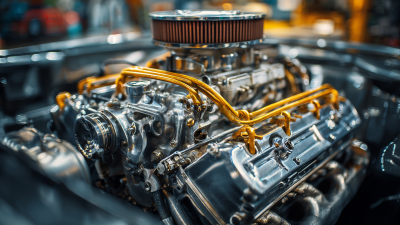
The Ultimate Guide to Choosing the Right Standard Engine Parts for Your Vehicle